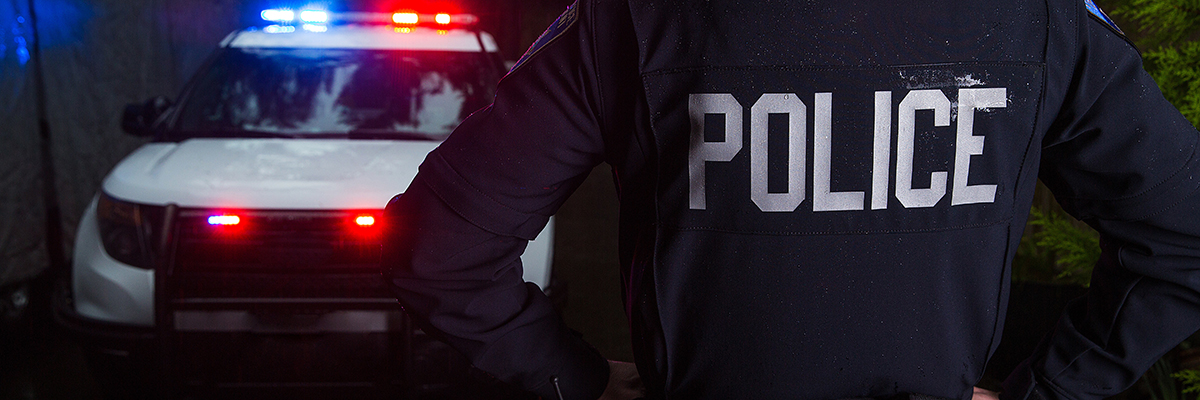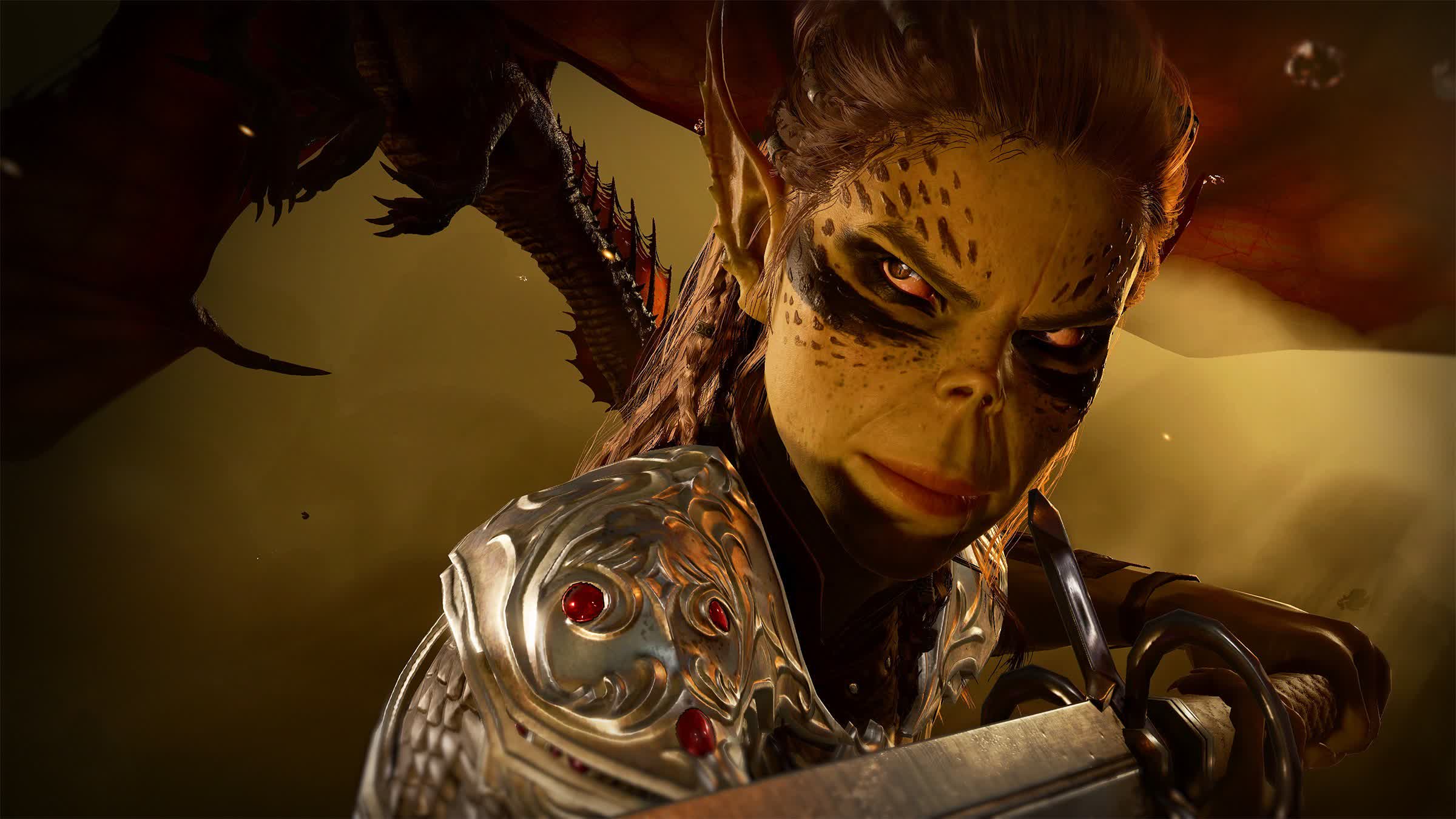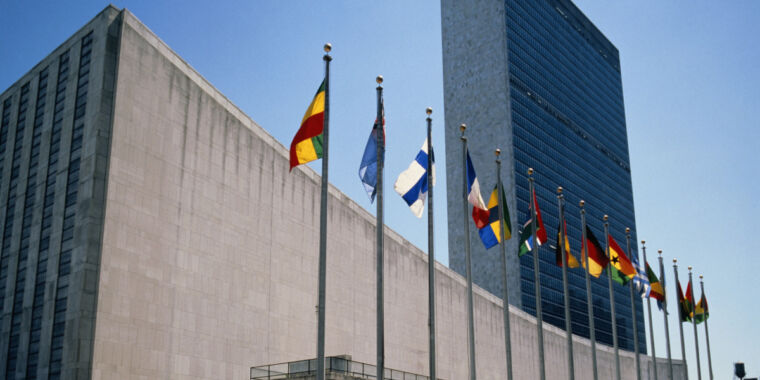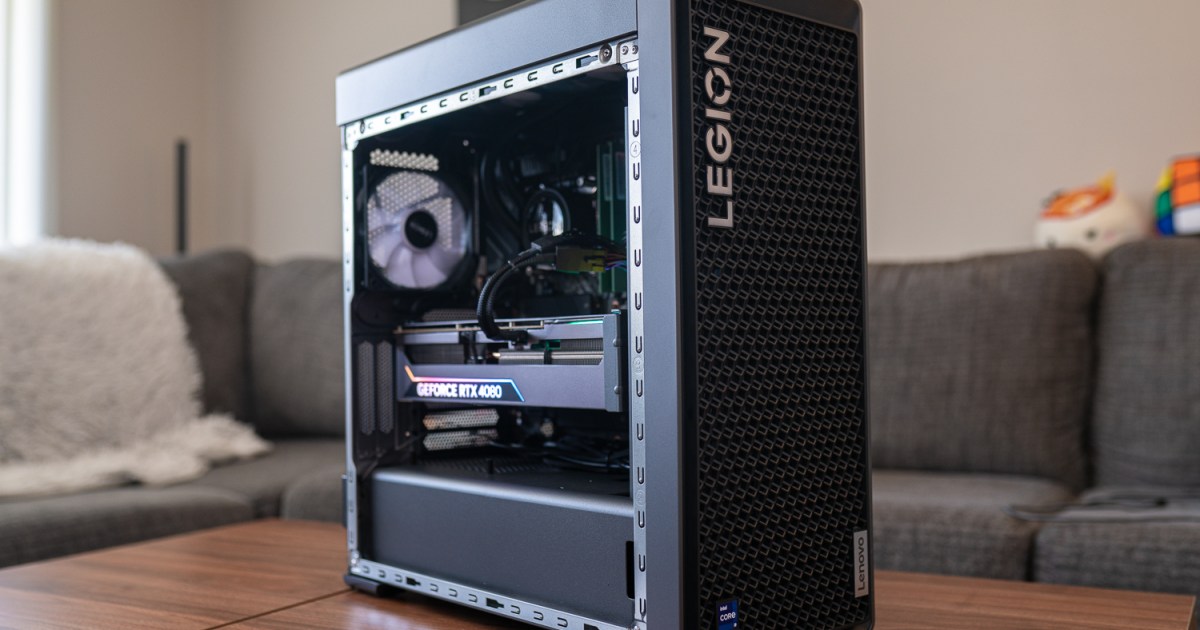[ad_1]
The head of the Police Service of Northern Ireland (PSNI) told a policing watchdog today that there had been “no industrial application” of surveillance powers to monitor NGOs, journalists or lawyers.
Chief constable of the PSNI, Jon Boutcher, was speaking after human rights groups wrote to Northern Ireland’s Policing Board to ask it to open an inquiry into the PSNI’s use of surveillance powers to collect data from journalists’ phones.
The Policing Board has been waiting for more than six months for the PSNI to provide information on covert surveillance of journalists in Northern Ireland.
The board’s request followed a complaint by journalists Trevor Birney and Barry McCaffrey to the Investigatory Powers Tribunal over allegations they had been placed under police surveillance after producing a film exposing police collusion with a paramilitary group that murdered six innocent Catholics.
The PSNI acknowledged at a hearing of the Investigatory Powers Tribunal in London on 28 February that it had unlawfully collected communications data from McCaffrey’s phone in 2013. It also emerged that police had monitored journalists’ phones in 2011 and 2018.
Responding to board member Les Allamby who said that the board had received a “frankly unsatisfactory response to date”, Boutcher said he would provide a report on police surveillance applications and authorisations connected with journalists and lawyers within 4 weeks.
The chief constable, who was previously responsible for covert and undercover policing, said he was especially concerned that police act with propriety in covert work. He said that since his appointment in October 2023 there had been no applications to monitor journalist’s phones.
Boutcher also gave assurances that the independent regulator, the Investigatory Powers Commissioners Office (IPCO), had reviewed inspection reports since it was established in 2017 and had not found any references to “concerns regarding the acquisition of journalists’ communications data by the PSNI”.
Allamby, said that the board might need to exercise its formal powers under the Police (Northern Ireland) Act 2000, if the police did not provide an adequate and timely response to questions they first put to the PSNI in September 2023.
Boutcher apologised that the board’s September letter was not received by the recently appointed deputy chief constable until November 2023.
He said that after consulting with the Policing Board’s human rights lawyer, the PSNI decided to wait until after the tribunal hearing to provide a written answer.
He said that the PSNI would now discuss a time frame for disclosing the report with judges at the Investigatory Powers Tribunal and would give them an opportunity to see it, but hoped to provide answers within four weeks.
PSNI was not responsible for late disclosure
Boutcher went on to tell the Policing Board that the PSNI was not responsible for delays in disclosure of documents which led to the rescheduling of last week’s hearing by the Investigatory Powers Tribunal until the Autumn.
“The delay last week was not because of the PSNI,” he said. “There was no delay because of a failure to submit information from this organisation,” adding that he could not say more because of the on-going court case.
Last week Ben Jaffey, representing the two journalists told the IPT that the case was a “shambles and not ready for judicial determination” because of delays and last-minute disclosures of evidence by Durham Police and the PSNI.
Cautious welcome
Amnesty International and the Committee on the Administration of Justice (CAJ) have given a “cautious welcome” to the Chief Constable’s commitment to provide answers about police covert surveillance of journalists and others.
The groups said they were concerned that the pattern of covert and intrusive surveillance by the police against journalists, and potentially others such as lawyers and activists, goes much further than the incidents revealed so far at the IPT.
Responding to today’s Policing Board meeting, Patrick Corrigan, Amnesty International’s Northern Ireland Director, said the evidence revealed at the Investigatory Powers Tribunal pointed to a wider pattern of covert police surveillance of journalists.
“It’s high time that answers are finally provided to the Policing Board and we have full disclosure of the extent of secret surveillance against journalists and others. The chief constable has a real opportunity to be open with the public and to distance himself from the unlawful police practices of recent years.”
Daniel Holder, director of the Committee on the Administration of Justice (CAJ), said, “this is a real test for the present era of policing accountability both for the PSNI and the Policing Board with its duties to hold the police to account”.
Maqvi News #Maqvi #Maqvinews #Maqvi_news #Maqvi#News #info@maqvi.com
[ad_2]
Source link












































